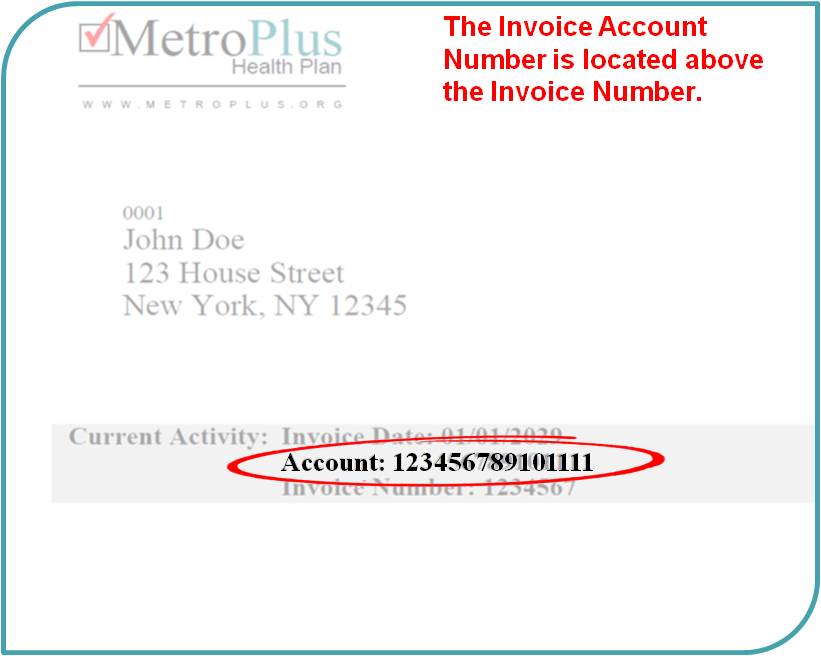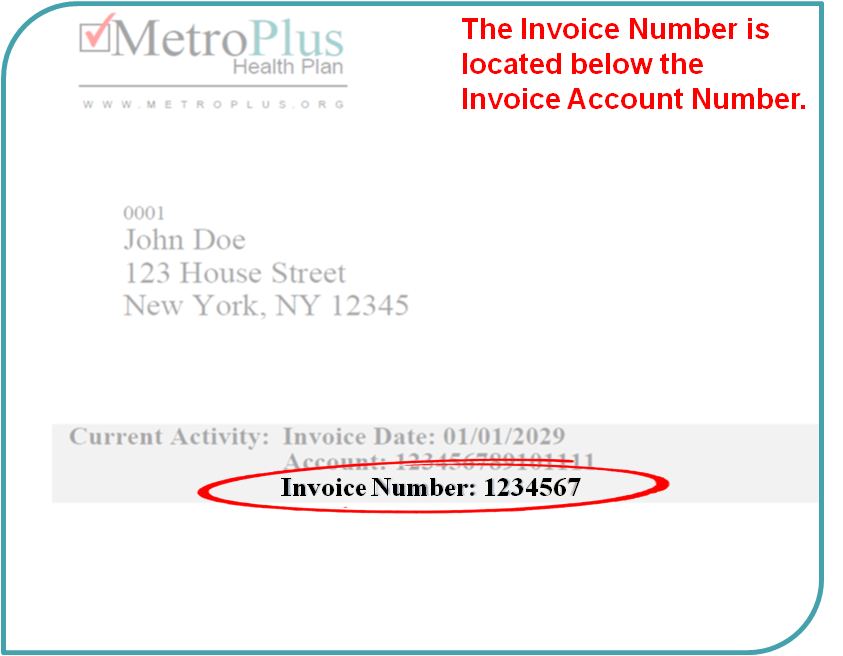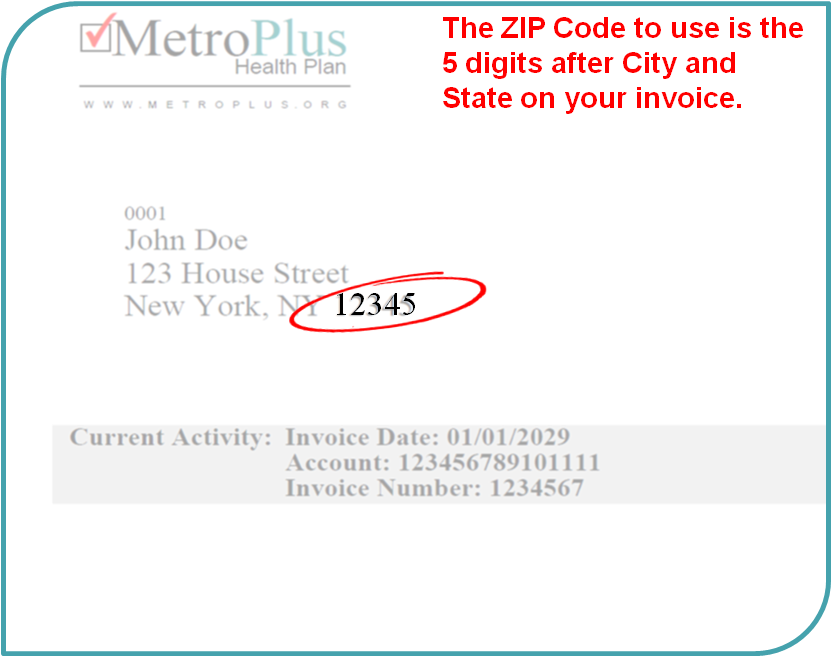- Our Plans
- Individual + Family PlansNYC Employee PlansMedicare and Dual-Eligible Plans
- For Members
MEMBER SHORTCUTS
For Members
MetroPlusHealth members can access the Member Portal, find doctors, specialists, and pharmacies, and view member benefits.- For Providers
- For Brokers
For Brokers
Get broker tools, manage client enrollments, track commissions, and access sales support resources.- Locations
Locations
MetroPlusHealth members can easily find nearby physical locations, virtual offices, or events in the neighborhood.
- Explore Plans
Explore Plans
MetroPlusHealth has offered low-cost, quality health care for New Yorkers for more than 35 years. Find a plan that's right for you.- Individual + Family Plans
- NYC Employee Plans
- Medicare and Dual-Eligible Plans
- Special Needs and Long Term Care
- For Members
For Members
MetroPlusHealth members can access the Member Portal, find doctors, specialists, and pharmacies, and view member benefits.Login - In Your Community
- Help With Insurance
Help With Insurance
Get inspired on our Blog, find answers to your questions in our FAQs, and explore our health library. - About Us
About Us
Meet our leadership, join our team, or get in touch with MetroPlusHealth.
Topic: MetroPlusHealth Annual Public Meeting
Date/Time: Tuesday, December 13th @ 4:00PM
Zoom Webinar Information Below
Please click the link below to join the webinar:
https://metroplus-org.zoom.us/j/85027965324?pwd=bDRBTnFjeW1JZUxLQ2pHU1NZY0pnQT09
Passcode: 498808
Or One tap mobile :
- 1-646-558-8656
- 850-279-6532 -4# or
- 1-301-715-8592
- 850-279-6532 -4#
Or Telephone:
Dial (for higher quality, dial a number based on your current location):
+1 646 558 8656 or +1 301 715 8592 or +1 312 626 6799 or +1 253 215 8782 or +1 346 248 7799 or 1 669 900 9128
Webinar ID: 850 2796 5324
International numbers available: https://metroplus-org.zoom.us/u/kbBFHldTq



Lorem ipsum dolor sit amet, consectetur adipiscing elit, sed do eiusmod tempor incididunt ut labore et dolore magna aliqua. Lorem ipsum dolor sit amet, consectetur adipiscing elit, sed do eiusmod tempor incididunt ut labore et dolore magna aliqua. Lorem ipsum dolor sit amet, consectetur adipiscing elit, sed do eiusmod tempor incididunt ut labore et dolore magna aliqua.